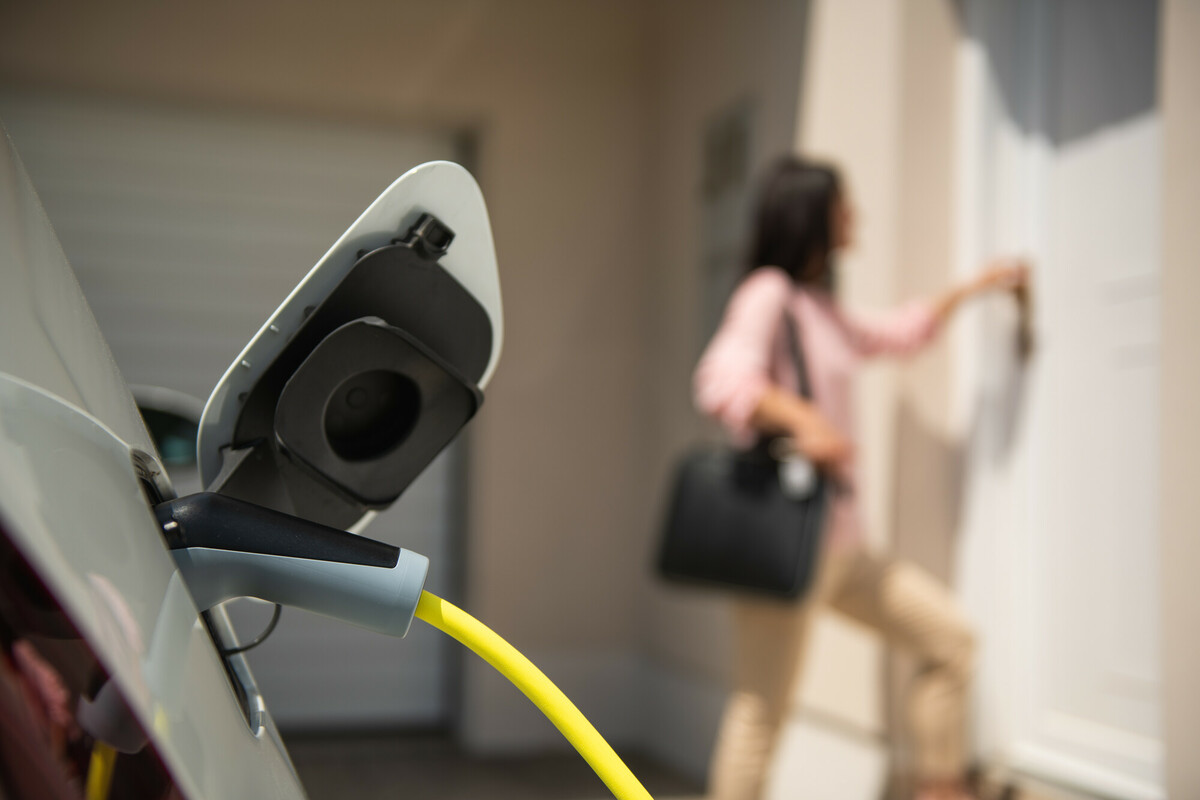According to Carzone.ie’s most recent data, 51 per cent of Irish motorists are now considering switching to an electric vehicle. Of the 57 per cent of survey respondents planning on changing their car in the next twelve months, 49 per cent said they were planning on purchasing a hybrid or electric vehicle, and it’s easy to see why. The high cost of fuel at present makes electric motoring look like a much more attractive option, even if electricity prices are on the rise too. Electric cars are clean, quiet and, as they grow in popularity, the range on offer is expanding with appealing models on the market to suit most new car buyers from small city cars such as the new Fiat 500 and Renault Zoe to family crossovers such as the Hyundai Ioniq 5 and Volkswagen ID.4 to sleek saloons like the Tesla Model S.
The second-hand market for electric cars in Ireland is still small given that EVs are a relatively recent phenomenon, though there are still used electric cars to be found, many of which are in good condition, and which may offer a significant cost saving over a brand-new model.
Whether you’re buying a new or second-hand electric car, most of the same steps and caveats still apply as if you were buying a petrol or diesel model, though there are still a few extra things to bear in mind.
Figure out if it will suit your circumstances
Most electric car drivers charge their cars overnight at home and, thanks to ever-expanding battery ranges, most won’t need to worry about running out of power on the move. For those living in apartments or without off-street parking though, recharging overnight may not be a practical option, especially as the public charging network (with its more expensive rates than home charging) still hasn’t reached a saturation point to allow everyone who could potentially use it unfettered access. As with any car, be sure that the electric vehicle you’re considering buying really does meet your requirements. Will it fit your family? If you tow regularly, will it pull the load?
Run the numbers
Electricity is much cheaper than petrol, motor tax on electric vehicles is low (€120/year) and the servicing costs are minimal thanks to far fewer moving parts than an internal-combustion car. In a lot of cases the lower running costs of an electric car really do make owning and running one a sensible economic prospect. The major financial downside though is that EVs, new and used, are still expensive to buy compared to petrol or diesel cars meaning they’re likely to be bought on finance or with a bank or credit union loan. Before deciding to buy an electric car do the maths to make sure you can afford the payments and consider too whether the lower running costs offset the finance payments to such an extent that owning an electric car actually does make economic sense compared to a cheaper petrol or diesel model.
Sort out charging

Don’t bother with three-pin plugs — they’ll do in a pinch, but if you use one to charge your EV, you could be waiting days rather than hours. What you need is a home wallbox preferably with a charging rate of 7kW or above. When you buy a new electric car the dealer or manufacturer may offer a free or discounted wallbox, but it’s still worth shopping around in case that may not be the best deal. The SEAI currently offers a grant of up to €600 towards wallbox installation meaning that owners will still need to foot an approximately €300-400 bill (the going rate) to cover the additional cost of installation by an independent firm. It’s worth making sure too that your electricity provider provides cheaper night-time rates so that you can set your car to charge during off-peak times making the cost of electricity cheaper still.
Run all the usual checks
This’ll be more applicable to second-hand electric cars, but potential buyers should do most of the same checks as they would with any other cars. Do a vehicle history check through Cartell.ie to check if the car was written off or if there’s outstanding finance. Check the service history, have a good look at the overall condition, watching out for scratches, scrapes and misaligned panels. Check how closely the battery’s indicated range when full matches the manufacturer’s quoted figures and, if there’s a wild discrepancy that can’t be otherwise explained, check if the vehicle is still under warranty as an expensive battery repair may be required.
Think about servicing
Most independent mechanics in Ireland won’t be overly familiar with electric vehicles (though there are a few specialists out there), meaning that you’ll likely need a dealer for your servicing requirements. Although service intervals for electric cars are usually longer than for petrol or diesel models, it may give some extra peace of mind to have your car checked and inspected annually to ensure it stays in the best shape. That is, of course, in addition to carrying out your own regular checks on the condition of the tyres, lights, etc.